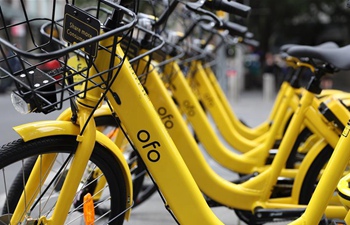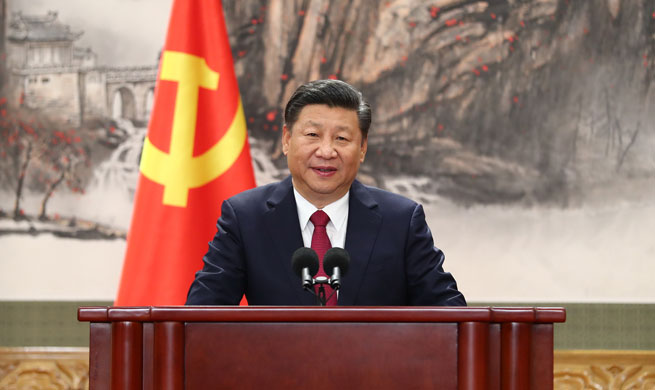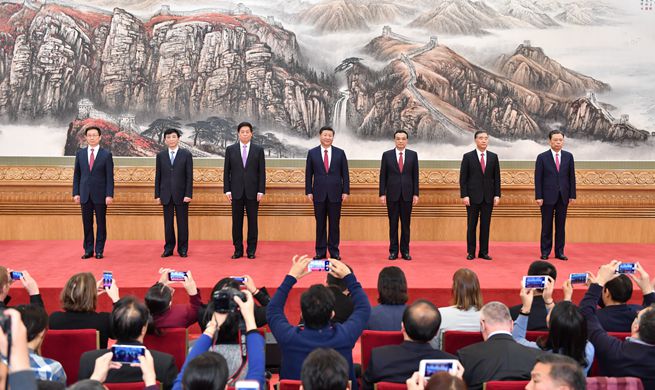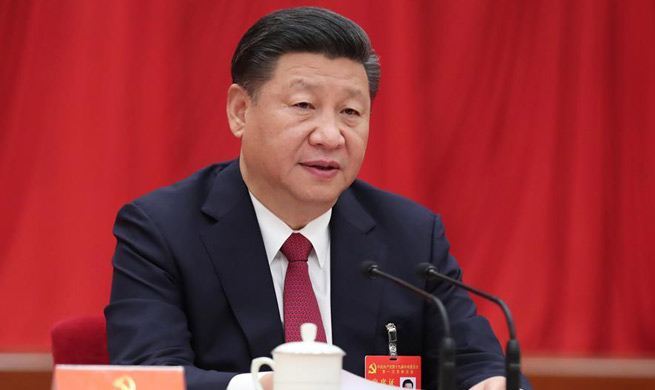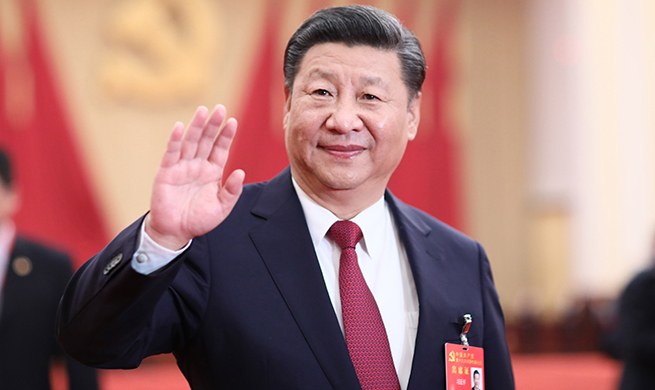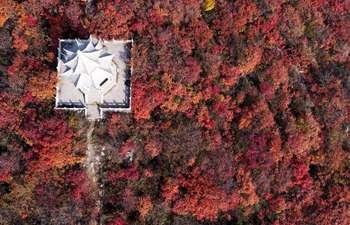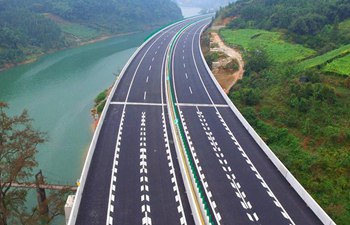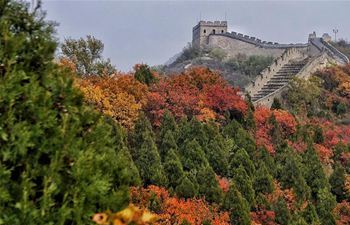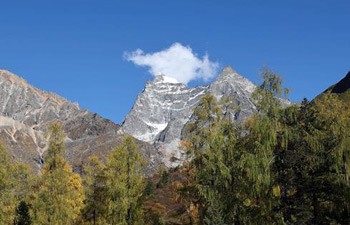by Burak Akinci
ANKARA, Oct. 26 (Xinhua) -- Turkish army and Kurdish fighters may be headed to a full-scale military confrontation in northwestern Syria if the United States and Russia, actively present on the ground, continue to support elements that Ankara considers as a threat to its national security, local experts said.
"I think that one day a conflict is inevitable in northern Syria between the Turkish armed forces and the People's Protection Units (YPG) because the ground is ripe for such a confrontation," Metin Gurcan, a security analyst, told Xinhua.
Ankara sees the YPG as an extension of the Kurdistan Workers' Party (PKK), listed as a terrorist group by Turkey, the U.S. and the EU.
"Whether this conflict will be a full scale one or not, it depends on the attitude of the U.S. and Russia. If those two countries do not intervene, this conflict will ultimately degenerate into a very serious conventional fighting and even a full-fledge war," pointed out Gurcan, a former special forces officer and now an Istanbul-based independent security analyst and author.
This warning comes at a time when Turkey is deploying troops in its latest cross-border campaign in Idlib province of Syria with the purported aim of enforcing the de-escalation zone that Turkey, Russia and Iran agreed on in Astana last month. Turkey began this month to set observation posts in the area.
On Tuesday, Turkish President Recep Tayyip Erdogan said in Parliament that the Idlib operation was "largely completed" but the neighboring region of Afrin, controlled by the YPG, remained an issue, suggesting that Turkish forces could now target this Kurdish militia.
"We have the issue of Afrin ahead of us," Erdogan said. "We cannot make any concessions."
Since several years ago, Turkey has watched with anguish as its NATO ally, the U.S., directly armed and supported the YPG in the framework of the struggle against the Islamic State (IS). The once strategic partners are now clashing in a serious of issues, including their deep differences on the Syrian crisis.
The Turkish incursion has put several hundreds of Turkish soldiers in close vicinity of Afrin, a Kurdish enclave the Turkish artillery has periodically shelled. And now that IS is defeated in its main stronghold of Raqqa by the Kurdish-led Syrian Democratic Forces (SDF), Ankara could think of addressing the growing influence of Syrian Kurds.
The display by YPG fighters of PKK's jailed leader Abdullah Ocalan posters in the center of Raqqa after the city's liberation has sparked outrage in Ankara.
Turkey, who fears that the growing autonomy of Syrian Kurds can emulate same aspirations for its sizable Kurdish minority, has repeatedly warned its allies that it wants Kurdish aspirations checked.
"For us there is no difference between PKK and YPG/PYD. They are all the same and our allies should be aware of this fact, otherwise one day they can also suffer from their decisions to back terrorism," Erdogan said.
Turkey is battling against the PKK since 1984. Until these last years the bloodshed was largely confined to mainly Kurdish populated southeast Anatolia, but the conflict in Syria has created a flare up in the armed insurgency, especially after the resumption of clashes in 2015 after a cease-fire.
Turkey, the second largest army in NATO after the U.S., is now fighting hard against the PKK on its soil but also in neighboring Iraq and Syria.








